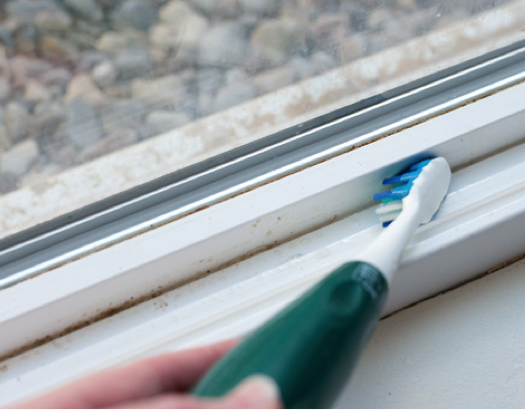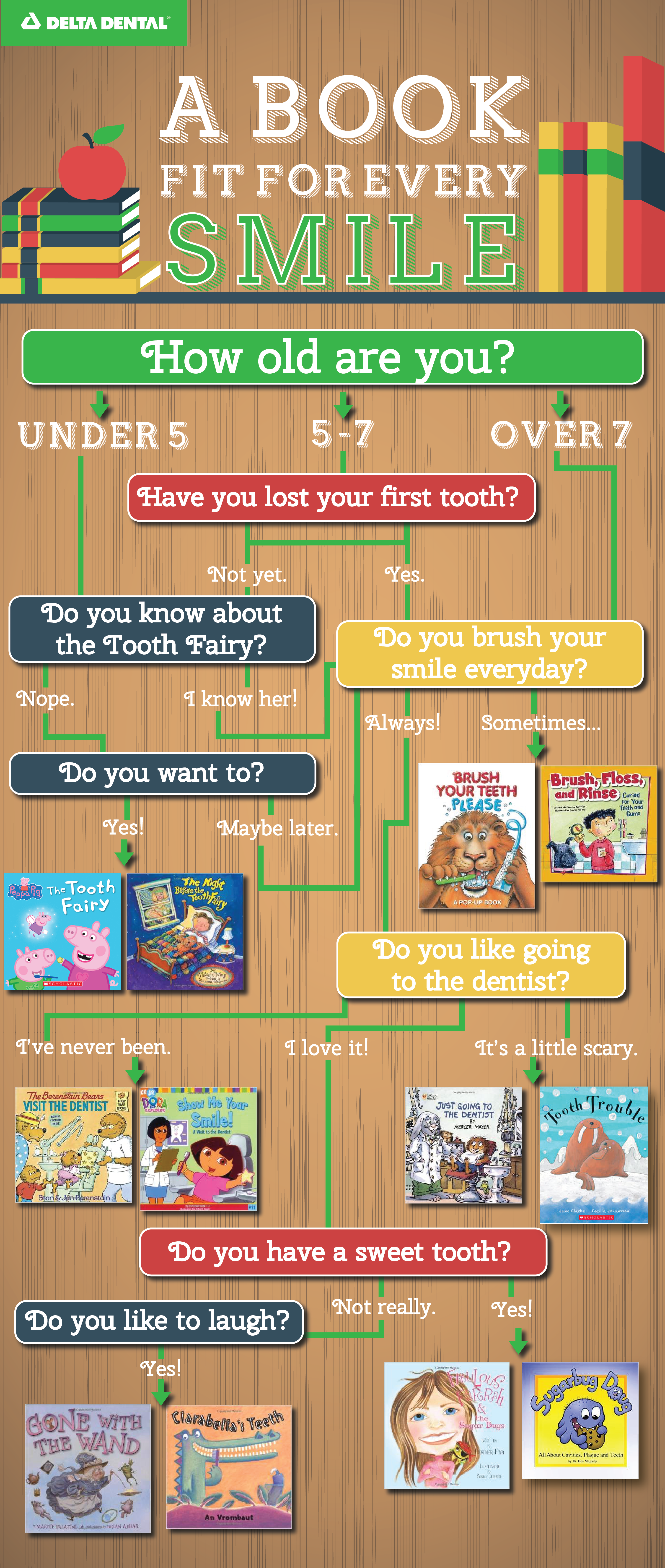
Think it’s tough to get kids to eat their vegetables? A new survey reveals it may be even tougher to get them to brush their teeth.
Nearly half of parents (45%) say getting kids to brush is one of the most challenging things to get their kids to do. That’s slightly higher than getting children to eat vegetables regularly (42%) or getting their help with household chores (41%).
And, almost a third of parents admit their children’s teeth are brushed once a day or less.
Fortunately, parents are working to get on the right track. 58% of parents have specifically made dental hygiene a household routine and 31% have asked other family members to enforce good dental health habits.
Here are some positive ways to make brushing and flossing an easier item on the to-do list:
- Be a role model. Kids love to imitate their parents. Start young – make dental care a family activity. Nearly 4 in 10 parents are already doing this by brushing their teeth at the same time as their kids. Family toothbrush time is a great opportunity to reverse roles and let your children brush your teeth.
- Reward good dental health habits. More than half of parents say rewarding kids for good behavior is the best way to get them excited about healthy teeth. Create a chart that keeps track of daily oral health habits and reward kids accordingly.
- Call in reinforcements. Young children may be more inclined to brush their teeth if you pick out their favorite character tooth brush, or, try changing up the tooth paste flavor to one of these interesting flavors.
Maybe it’s time to change the messenger. Call the dental office before your child’s next checkup. The same motivational message might be better received if it comes from a third party, like the dentist.
For more tips on taking care of children’s teeth, as well as other dental health-related news and information, visit the Delta Dental of Wisconsin blog.








